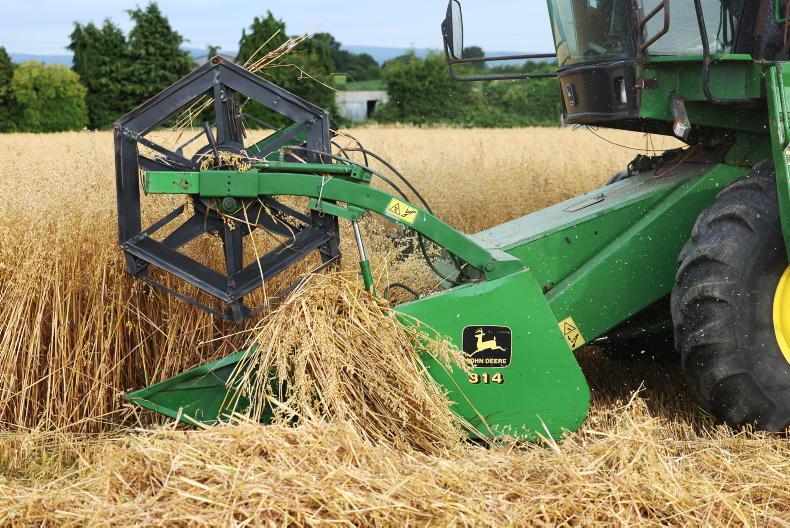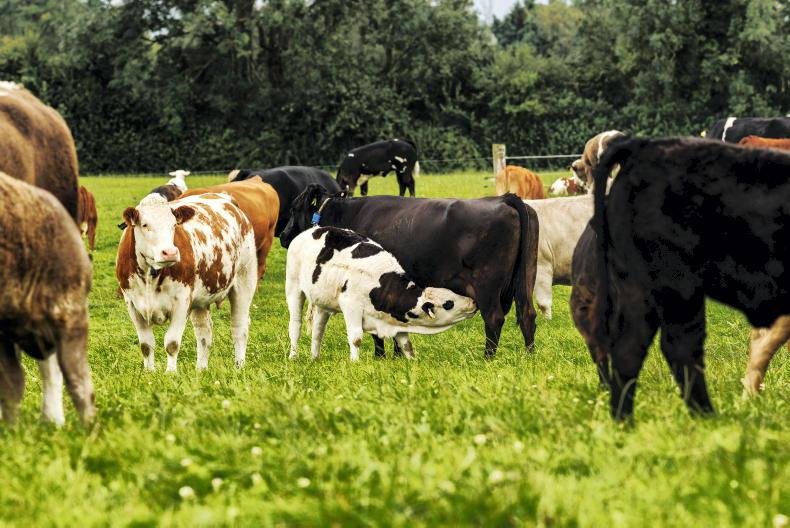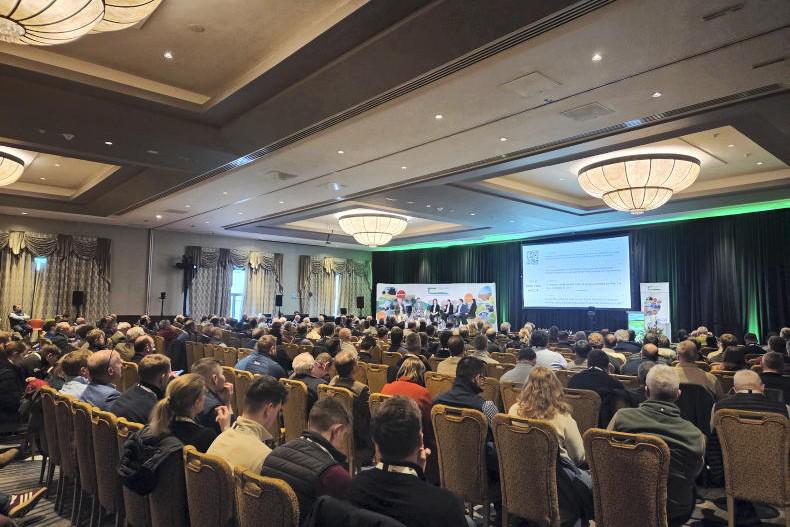Addressing the Joint Oireachtas Committee for Agriculture on farm schemes last week, IFA deputy president Brian Rushe said that direct payments are critical to the survival of farm families and the rural economy.
“The role direct payments play when it comes to farm incomes and the survival of farm families around the country is pivotal, with the rural economy also being hugely dependent on these payments,” he said.
Analysis of the Teagasc National Farm Survey for the last three years shows that on average, 74% of farm income comes from direct payments, while direct payments make up between 118%, 124% and 159% of cattle finishing, sheep and suckler beef farmers’ total income respectively.
The IFA deputy president also highlighted how direct payments are being cut year-on-year, however the list of demands on Irish farmers to meet targets set when it comes to the environment and sustainability is growing.
“The complexity, administration and degree of conditionality associated with receipt of direct payments has increased significantly in recent years, none more so than the new Common Agricultural Policy programme, spanning 2023–2027, where, without any increased funding, farmers are being charged with achieving an ever-expanding list of objectives and food security of lesser priority,” he said.
The role direct payments play when it comes to farm incomes and the survival of farm families around the country is pivotal
Also addressing the Joint Oireachtas Committee, IFA national rural development chair Michael Biggins said that while payments such as the Agri-Climate Rural Environment Scheme (ACRES) and Targeted Agricultural Modernisation Scheme (TAMS) are important to farmers, issues with these schemes still persist and must be addressed.
“The Minister for Agriculture allocated funding for only 30,000 places under tranche one of ACRES, with a maximum number of places on the scheme set at 50,000 over at least two tranches. There is expected to be 60,000 applications based off previously subscribed schemes and expressed interest,” Biggins said.
“One of the biggest issues with this scheme is the real possibility that farmers won’t gain access in year one. There is no rollover of GLAS or REAP confirmed. If there is a lag between GLAS/REAP and ACRES due to the tranche-based approach and limited places, farmers will be left out of an agri-environment scheme for a year, causing a gap year in payments,” he added.









SHARING OPTIONS